Undergraduate Elyse Venerable won the Chancellor’s Award and Dean’s Award for her research using strontium isotope analysis to uncover the origins of Oyo Empire war horses.
Originally published in the UCSC News Center by Allison Arteaga Soergel
June 13, 2025
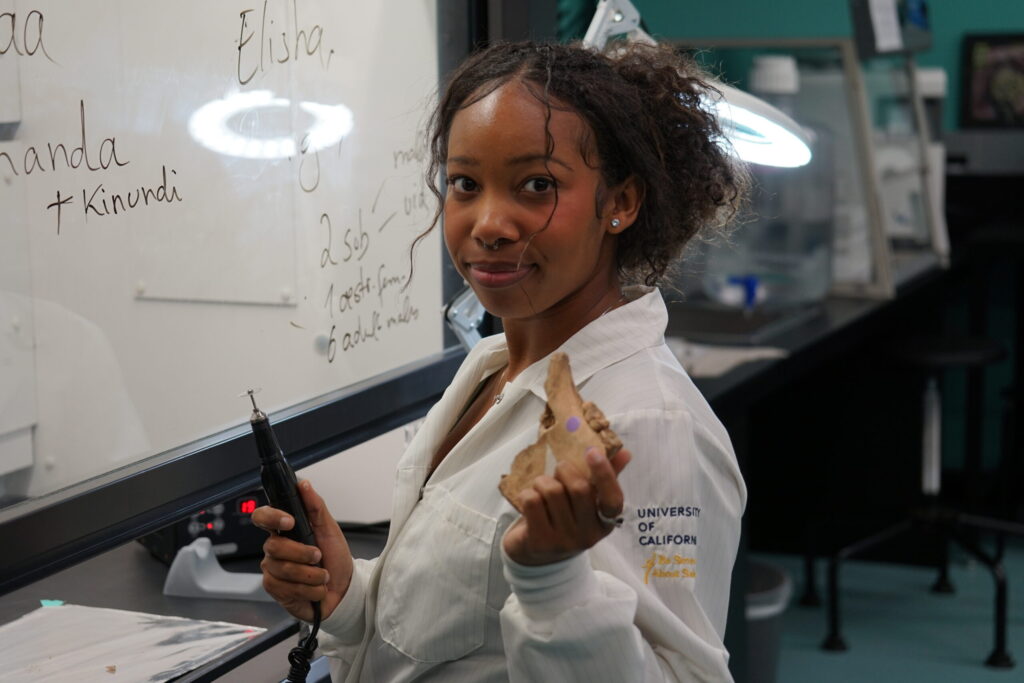
During her time at UC Santa Cruz, anthropology major Elyse Venerable conducted undergraduate research to help solve a centuries-old mystery. The Oyo Empire, once located in present-day western Nigeria, was known for its impressive cavalry, which cemented the empire’s power across Western Africa from the 17th to 18th century. But the region is also home to the tsetse fly, a notorious vector for diseases that kill horses. So cavalry horses must have been continuously imported. But from where? The answer could help anthropologists understand historical trade networks.

“Oyo’s cavalry made it one of the biggest imperial cities and kingdoms in the region, even having influence across the Sahara,” Venerable explained. “But it wouldn’t have been possible without trade. And now, through strontium isotope analysis, which is a type of archaeological science, we can start to trace the origins of these horses.”
To investigate, Venerable first identified horse teeth from archaeological sites in Nigeria and sorted them to determine which individuals they came from. Horses have certain teeth that develop in the early years of their adolescence, similar to humans, so Venerable determined each horse’s earliest and latest formed tooth based on tooth type and position. She used a diamond saw blade to extract a tiny enamel sample from each tooth. After dissolving the samples in acid, she conducted chemical analysis, using a mass spectrometer to measure the strontium isotope ratios in teeth of different ages from certain individual horses.

Strontium isotope ratios are a chemical signature in organic material, like bones and teeth, that reflects the unique environment where an organism lived while it was growing. Venerable matched the strontium isotope ratios from horse tooth samples against a strontium isotope map of Sub-Saharan Africa, developed by UC Santa Cruz Professor Vicky Oelze. The results show how the Oyo Empire’s horses may have moved throughout their lives, including through trans-Saharan trade.

Venerable and the research team are currently in the midst of writing a scientific paper on their findings and will submit them for publication in academic journals. Venerable’s contributions recently won her the UC Santa Cruz Chancellor’s Award and Dean’s Award for the Social Sciences Division, both of which honor outstanding undergraduate research. Professor Oelze, who was Venerable’s mentor on the project, praised her work ethic, teamwork, and remarkable ability to effectively immerse herself in new topics.
“For this project, Elyse actually taught herself the anatomy of domestic horses and how to evaluate their age at death from dental status,” Oelze said. “That is very impressive to do as a bachelor’s student. I absolutely loved working with Elyse and am immensely proud of her achievements.”
Venerable said she enjoyed the freedom that research gave her to develop new skills, with the support of a mentor.
“I never thought I’d be in a lab pouring acids on tooth enamel and using saw blades,” she said. “But knowing that I have that capability, and I can be STEM smart—especially for someone with a low income background, and who didn’t even know that I would get into college—it was empowering beyond words.”

Venerable credits the experience with helping to build her confidence as a researcher, and says the financial support she received for her research through the Building Belonging program was essential to making it all possible. Throughout her undergraduate career, she also had other amazing opportunities, like receiving funding to participate in archeological digs in Benin alongside Professor J. Cameron Monroe. She encourages other UC Santa Cruz students to connect with their professors and ask about opportunities to get involved outside of class.
Since graduating from UC Santa Cruz in Spring 2024, Venerable has been accepted to Harvard University’s Ph.D. program in Anthropology, where she’ll start in the fall.
“I’ll be training under Dr. Shayla Monroe, who’s an esteemed zooarchaeologist,” she said. “I’m looking forward to continuing to study historical African cavalries. I’d like to expand beyond the Oyo Empire to show how horses from across the Northern Sahara emerged in different African communities.”


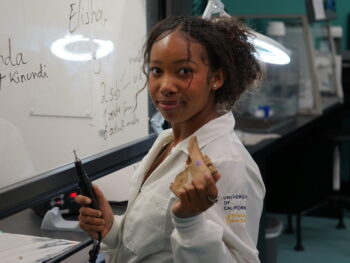
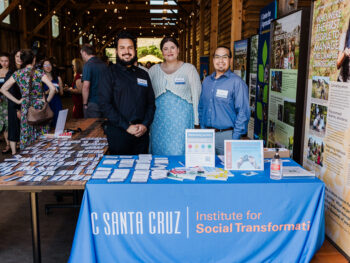
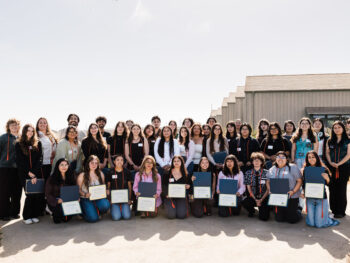

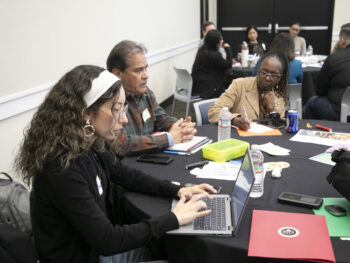
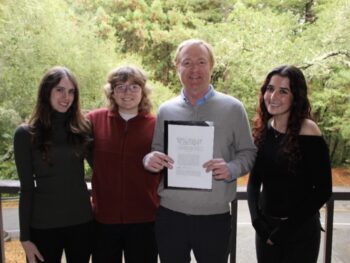
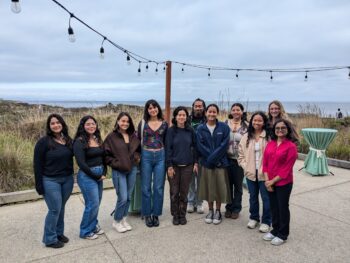
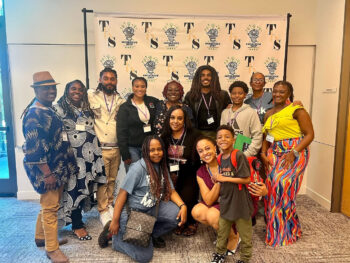
 Gathering for Change Gala
Gathering for Change Gala
